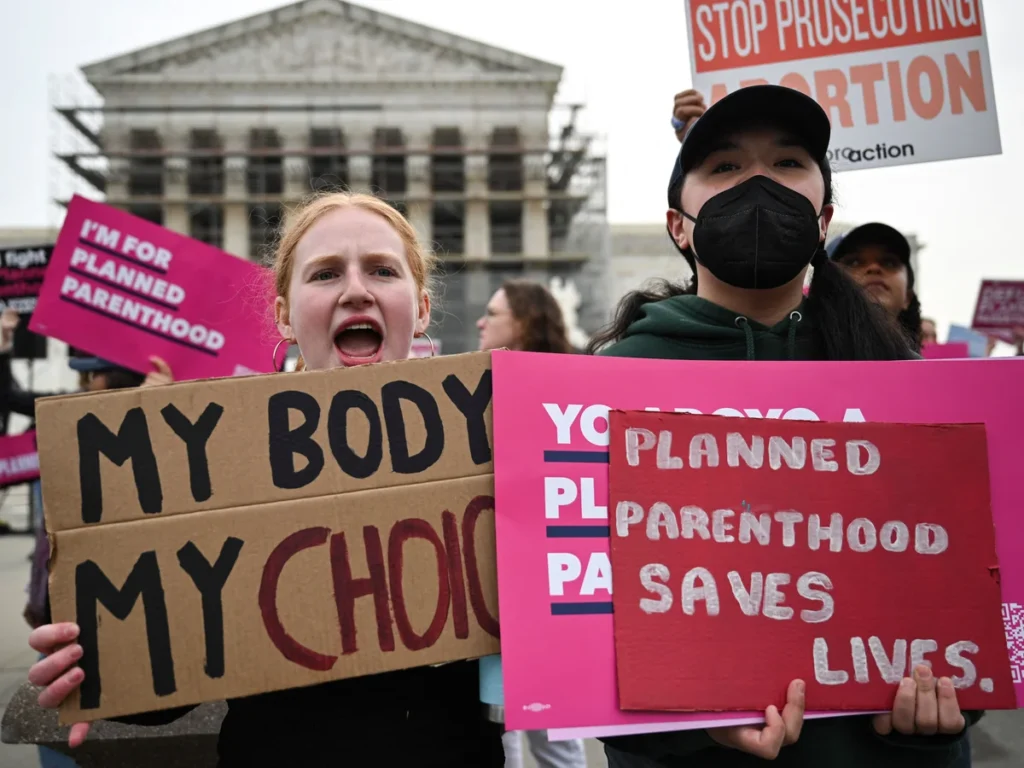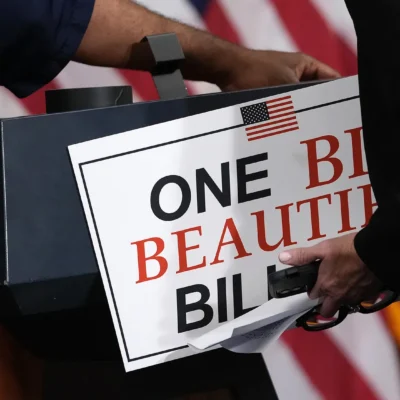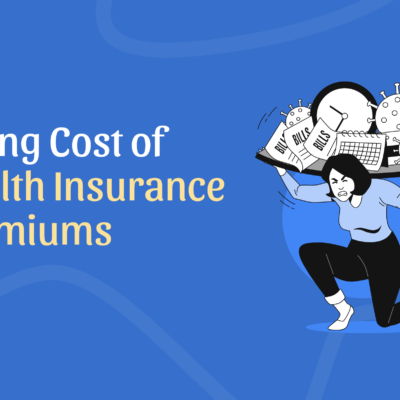Trump’s Megabill Planned Parenthood Debate
Trump’s megabill Planned Parenthood is making headlines again, and for good reason. If passed, the bill could result in the closure of nearly one-third of all Planned Parenthood clinics across the United States. That’s not just a political headline—it’s a life-changing reality for millions of women, men, and families who rely on affordable reproductive healthcare.
At the heart of the controversy is a sweeping federal spending bill pushed forward by Donald Trump and his allies, targeting reproductive healthcare providers like Planned Parenthood by slashing their funding. While the bill claims to reduce government spending and “promote family values,” critics argue it may strip away critical access to birth control, cancer screenings, and STD testing.
Let’s break down what this megabill includes, how it affects Planned Parenthood, and what it means for communities across America.
What Is Trump’s Megabill?
Trump’s megabill is part of a broader conservative agenda to reshape public health spending and shift resources away from providers that offer abortion services. The bill proposes:
- Eliminating federal funding for Planned Parenthood
- Redirecting funds to faith-based and community health organizations
- Increasing restrictions on Title X funding, which provides reproductive health services to low-income individuals
The bill aligns with long-standing Republican efforts to defund Planned Parenthood due to its abortion services, even though abortion makes up only about 3% of its total services.
This proposed legislation goes beyond typical budget adjustments. It is a direct political move that could permanently impact reproductive healthcare access, especially in rural and underserved areas.
Planned Parenthood: What Does It Really Do?
Many people associate Planned Parenthood with abortion services, but that’s only a small part of what it offers. According to the organization’s own data, over 90% of its services are non-abortion-related, including:
- Birth control and contraceptive counseling
- Breast and cervical cancer screenings
- STD testing and treatment
- Pregnancy testing and prenatal care
- LGBTQ+ inclusive healthcare
- Sexual health education
In many small towns and poor urban areas, Planned Parenthood is the only low-cost clinic that offers these essential services. If a third of these clinics shut down, millions of Americans may lose access to basic healthcare.
How Many Clinics Could Close?
There are around 600 Planned Parenthood clinics in the U.S. currently. If Trump’s megabill passes, Planned Parenthood estimates about 200 clinics could be forced to shut their doors due to the loss of federal funds.

Closures would be unevenly distributed, with rural and low-income urban areas hit the hardest. These are areas where alternative healthcare providers are often scarce or non-existent. The bill doesn’t just affect Planned Parenthood—it affects the most vulnerable populations who already face barriers to medical access.
What Communities Will Suffer the Most?
Here’s a look at who will be most impacted by the potential closures:
- Low-income families who depend on Medicaid or Title X funding
- Teenagers and college students who seek confidential care
- People of color, who already face systemic healthcare disparities
- LGBTQ+ individuals needing safe, inclusive environments
- Rural populations with limited or no other providers nearby
In many cases, these clinics serve as the primary care provider for entire communities.
The Bigger Picture: Political Strategy or Public Harm?
Supporters of Trump’s megabill argue that federal funds shouldn’t support any organization that offers abortion services. They claim that faith-based alternatives and community clinics can step in to fill the gap.
However, studies show that many of these alternative clinics:
- Don’t offer comprehensive reproductive health services
- Don’t have the same infrastructure or trained staff
- Are often located far from rural populations
The idea that these clinics can easily replace Planned Parenthood is wishful thinking, not grounded in medical or logistical reality.
Healthcare experts and public health advocates warn that the closures could lead to:
- Increased rates of unintended pregnancies
- Higher STD transmission rates
- Delayed cancer diagnoses
- More ER visits for preventable conditions
Trump’s Stance on Reproductive Health
Trump’s stance on Planned Parenthood has shifted over the years. During the 2016 campaign, he acknowledged that Planned Parenthood provides “good services.” But as he aligned himself more closely with religious conservatives, he adopted a hardline anti-abortion stance.
Now, Trump’s megabill reflects this political alignment, aiming to please the evangelical base by defunding Planned Parenthood—even if it means sacrificing access to lifesaving care for millions.
Public Response and Protests
Since news broke of the megabill’s potential to shut down a third of Planned Parenthood clinics, there has been an outpouring of opposition:
- Women’s rights groups have organized nationwide protests
- Healthcare workers warn about the public health consequences
- Over 100 members of Congress have spoken out against the bill
- Online petitions have gathered millions of signatures urging lawmakers to vote “No”
Social media platforms like Twitter and TikTok are filled with stories from women who owe their health or even their lives to Planned Parenthood.
What Happens If the Bill Passes?
If Trump’s megabill passes, the following could happen within months:
- Immediate closure of hundreds of Planned Parenthood locations
- Mass layoffs of healthcare professionals
- Increased patient load on already overwhelmed community clinics
- Rise in health disparities, especially for low-income and marginalized groups
The healthcare system would likely feel the ripple effects for years to come.
Is There a Way to Stop It?
The bill still needs to pass both houses of Congress, and many lawmakers are actively fighting it. Here’s how individuals can help:
- Contact your local representatives and urge them to oppose the bill
- Support organizations fighting for reproductive rights
- Donate to Planned Parenthood or volunteer in advocacy campaigns
- Raise awareness by sharing facts and stories online
Public pressure can and has changed political outcomes before. The future of reproductive healthcare is not set in stone.
Final Thoughts: Why This Matters
Trump’s megabill Planned Parenthood cuts are more than just another political move. They’re a direct attack on healthcare access for millions of Americans. This isn’t just about abortion—it’s about cancer screenings, STI tests, birth control, and so much more.
As the nation watches and waits, it’s clear that what happens next will shape the future of healthcare in America. Whether you’re directly affected or not, this issue touches every community.
When access to care is taken away, we all pay the price—in health, in safety, and in dignity.
Do Follow on Instagram
Read Next – Ted Cruz on Texas Flooding: Slams Partisan Blame After Tragedy





